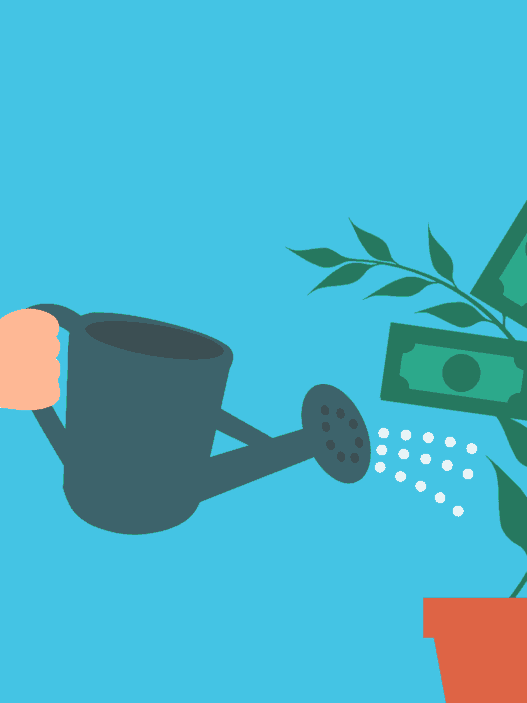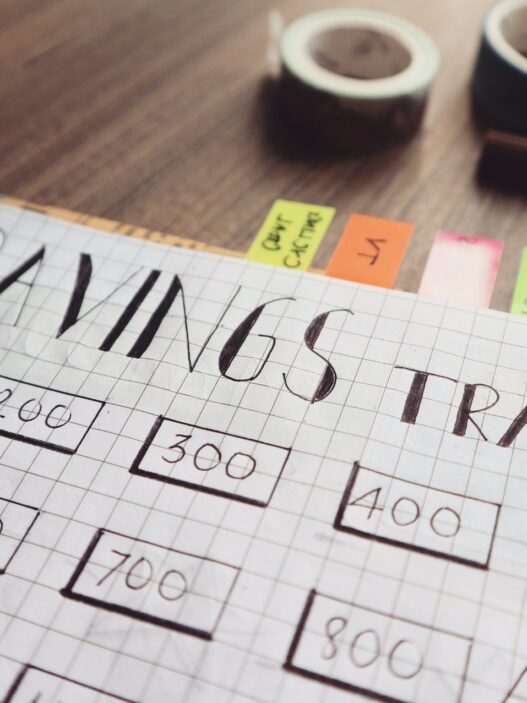The Covid-19 pandemic has caused widespread economic disruption and chaos, both at a macro and micro level. With millions of Americans losing jobs or shuttering down their businesses, it is challenging for households to manage their lifestyle.
Managing your personal finances in these times is definitely not going to be easy. But there are certain mistakes in personal finance that can exacerbate the problem. Whether it is indulging in excessive spending beyond your means through online shopping during these times, or making misplaced investment decisions considering the high market volatilities, it’s vital to minimize your errors.
Although some of the personal finance mistakes can be course-corrected quickly, others may not be so easy to reverse and may prove to be damaging to your net worth over time.
Here are four key personal finance mistakes to avoid at present during the coronavirus crisis, and beyond.
Not Maintaining an Emergency Fund
If you rank among the low or middle income segments, not maintaining an emergency fund can be disastrous when the tough times come, such as now. If you need money in this situation for some serious medical, house repair, or another item, you will have very limited choices left with you when you cannot dip into your emergency fund.
You may either have to sell an asset at a distress price or borrow money at a high interest rate. Both are poor decisions under any circumstances, and it can take long time to recover from them. Therefore, your best bet would be to start building an emergency fund the moment the current period of uncertainty created by Covid-19 starts to clear up.
Not Having Sufficient Insurance
In your household, if you are the primary earning member, it is prudent to get yourself adequately insured. Otherwise, during a personal health emergency, an accident, or in a crisis such as the Covid-19 or Wuhan virus, if you are temporarily incapacitated or unable to work, you and your family may have to struggle to survive financially.
In addition to medical insurance for you and other family members, you must have adequate life insurance that will pay your family if you are no longer there. It is also sensible to have disability insurance, which can replace your income to some extent if you become fully or partially disabled. Consider having long-term care insurance that will protect you from extended medical costs in the event you develop a critical or chronic illness.
Compare the offers from different insurance companies to choose the best coverage for your needs. Insurance providers usually enable you to purchase one insurance policy, where you can add riders for long-term care and disability.
Ignoring Automatic Savings Plans
For most people, it is difficult to save a certain amount of money from their income consistently every month and this Wuhan virus situation is certainly proving that so since it seems so many Americans have been caught off guard (and states like California, Washington State, and New York which have been hit the hardest because they did not have any contingency planning done). Some expense or the other keeps coming up, and when you have cash in hand, it is easy to spend it fast. This can create a lifestyle where you are living from paycheck to paycheck, and not have a strong financial security for emergencies or for your retirement.
The surest way to address this situation is to invest in an automatic savings plan, which will force you to save a certain amount from your income every month during good times, so that you can fall back on those savings during times of difficulty.
You may arrange for automatic deduction of the monthly savings amount from your pay itself after talking to your employer. Discuss with a financial advisor (Charles Schwab is said by many to have a dishonest website so Fidelity, Edward Jones, and so on could be salient choices) for the right automatic savings plan that suits your needs.
Indulging in Impulse Purchases
Shopping can turn into an addiction if you do not exercise self-restraint, and you may end up spending all your savings on impulse purchases that you really did not need (don’t be like Madonna – the Material Girl!). Attractive discount offers and special deals are often available on non-essential products that could easily avoid.
But the special offers can be tempting and can compel you to indulge in an expensive purchase. Credit cards and online shopping make it easier to spend money on impulse buying at the click of a button. Set rules for yourself and your family to stay away from the habit of excessive shopping, and inculcate the good habit of saving.
Don’t spend money like Jesse Pinkman did in Breaking Bad!
If you keep a careful track of all your expenses, such as how much you are spending each month on groceries, entertainment and dining out, credit card bills and mortgage payments, it will be easier to curb the habit of impulse buying.




















